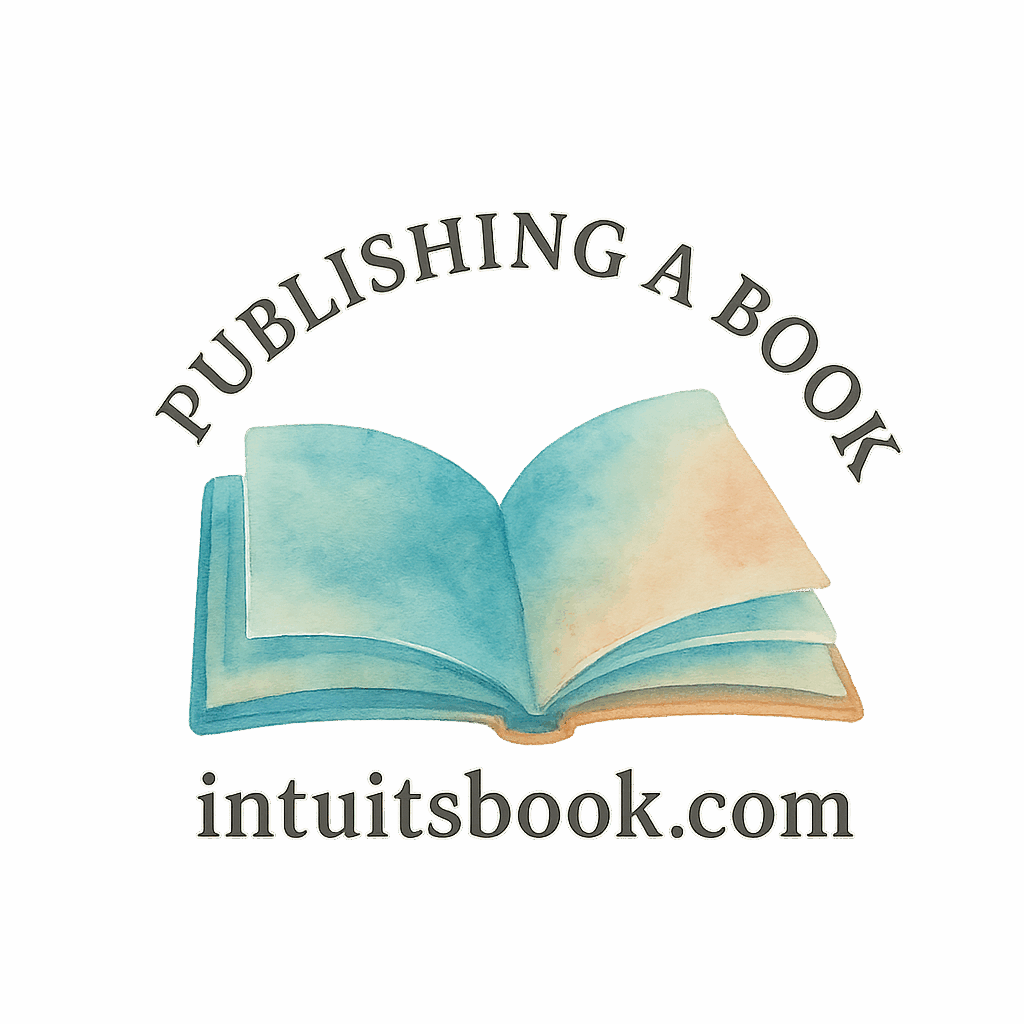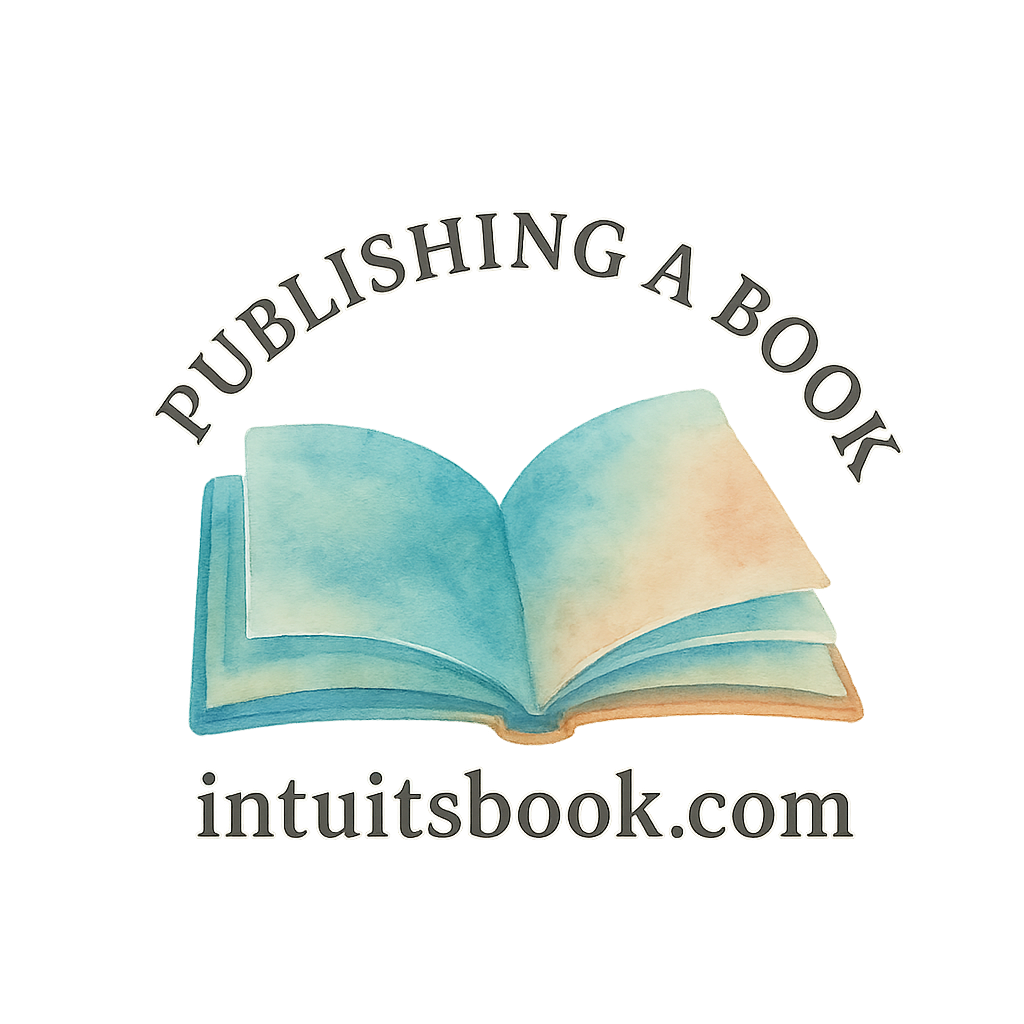Introduction
Ever wondered why some book proposals get snapped up by publishers while others sink without a trace? You’re not alone. Whether you’re a seasoned writer or a new author dipping your toes into the publishing waters, understanding what makes a book proposal shine is crucial. Publishers aren’t just looking for good ideas—they’re looking for marketable, polished, and well-thought-out proposals. In this guide, we’ll dive into the 5 things publishers look for in a book proposal and how you can make yours stand out.
Why Book Proposals Matter
Book Proposals vs. Manuscripts
If you’re writing nonfiction, chances are you’re required to submit a book proposal instead of a full manuscript. While fiction writers often need a completed novel, nonfiction authors get a shot at selling their book based on the idea and plan alone.
Who Needs a Book Proposal?
Anyone looking to traditionally publish nonfiction—be it memoir, self-help, business, or educational material—needs a compelling proposal. It’s your pitch, your proof of concept, and your first impression all wrapped into one.
Explore traditional vs self-publishing
1. A Compelling Book Concept
Originality and Relevance
Your book idea needs to be fresh yet relevant. Publishers want to know: What makes this idea different from what’s already out there? Avoid clichés and show how your concept fills a gap or offers a unique twist.
Clarity and Hook
You’ve got about 30 seconds to capture attention. Your hook—the main idea of your book—should be crystal clear and emotionally resonant. Don’t overcomplicate it.
Tying Into Market Trends
Hook your idea into what’s happening in the world. Is your topic timely? Does it answer a question people are already asking?
Need help developing your book idea?
2. Author Platform and Credentials
Why Author Visibility Matters
Publishers love authors with a platform. It means you already have an audience waiting to buy your book. Whether it’s a blog, podcast, or social media following, your reach matters.
Building an Author Brand
Start crafting your author brand early. Consistency in your voice, values, and messaging helps publishers see your long-term potential.
Social Media and Mailing Lists
A solid email list is gold. Even a few thousand engaged subscribers show publishers you’re proactive about marketing.
Author Education and Experience
Been featured in articles? Spoken at events? Completed a writing course? These count! Show off your relevant experience.
Visit our Author Career section and Author Education tips
3. Market Analysis and Target Audience
Knowing Your Readers
Be specific. Who are your readers? What age, profession, lifestyle, or problem do they have that your book solves?
Understanding the Competition
Include 3–5 comparative titles. Show you’ve done your homework. What’s out there, and how is your book better or different?
Publisher Expectations in Market Research
Use stats, trend data, and demographics to back up your claims. Demonstrating market demand builds credibility.
Get insights from our publishing hacks

4. Marketing and Promotion Strategy
Your Book Marketing Game Plan
Yes, you need one. Publishers expect you to actively promote your book. Outline your marketing strategy clearly.
Collaboration with Publishers
Let them know you’re a team player. Suggest creative ideas for joint promotions, giveaways, podcast interviews, or partnerships.
Free and Paid Book Promotion Methods
Mention both organic methods (like email campaigns and social media) and paid options (Amazon ads, influencer shoutouts).
Learn more about book marketing and free marketing techniques
5. Strong Sample Chapters and Writing Style
Polish Your Prose
Your sample chapters should sparkle. Don’t give them something “almost ready.” Make it shine like it’s going to print tomorrow.
Aligning With Publisher Expectations
Match the tone and style of the genre. If you’re writing a motivational book, let your writing inspire. If it’s academic, show clarity and logic.
Check out writing tips and writing process guidance
Common Mistakes in Book Proposals
What Not to Include
Avoid being vague, overconfident, or underprepared. Phrases like “everyone will want this book” without evidence are red flags.
Red Flags for Publishers
Missing target audience, no platform, weak writing, or an unclear concept? That’s a hard pass for most publishers.
Don’t miss this checklist for new authors
Tips to Strengthen Your Book Proposal
Tools for Independent Authors
Use software like Scrivener, Grammarly, or Notion to structure and clean up your proposal. They help you stay organized and polished.
Learning to Publish Like a Pro
Enroll in publishing courses, follow author tools, and study query tips. Knowledge boosts your confidence—and your proposal.
Explore tools for authors and learn to publish
Conclusion
Writing a stellar book proposal is your golden ticket into the publishing world. It’s more than a formality—it’s a chance to prove your idea is viable, your writing is sharp, and your brand is ready for the big leagues. Remember, publishers are not just buying a book—they’re investing in you. By showcasing a strong concept, market insight, a promotional plan, writing skill, and personal branding, you significantly boost your chances of success.
Self-publishing or going traditional? Explore your path.
FAQs
1. What’s the difference between a query letter and a book proposal?
A query letter is a short pitch sent to agents or publishers, while a book proposal is a detailed document (usually for nonfiction) outlining your book’s content, market, and author credentials.
2. How long should a book proposal be?
Typically between 10 to 50 pages, depending on the book’s complexity. Include key sections: overview, audience, marketing, competitive titles, author bio, and sample chapters.
3. Can I submit my proposal to multiple publishers?
Yes, unless the publisher requests exclusivity. Always read submission guidelines carefully.
4. Do fiction authors need a book proposal?
Usually not. Fiction writers typically submit a query letter and completed manuscript. Proposals are more common in nonfiction.
5. What if I don’t have a big platform?
Start building one now. Even a small but engaged audience is better than none. Show potential to grow.
6. Should I hire an editor for my proposal?
Absolutely. A second pair of eyes helps catch errors and improve clarity. Consider it an investment in your success.
7. Can I use the same proposal for every publisher?
You can use the same core content, but always customize your proposal to match each publisher’s tone, requirements, and audience.


